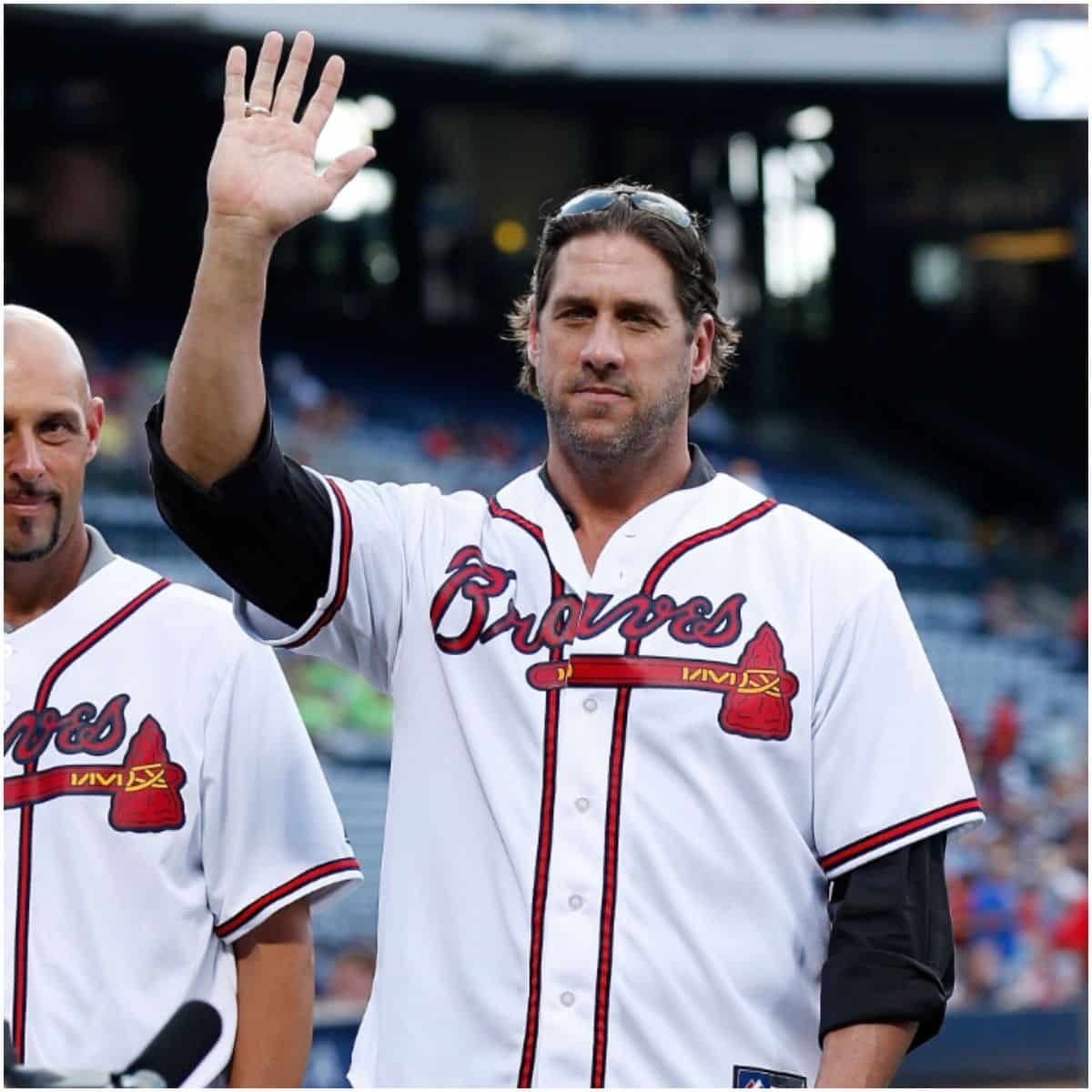In the realm of American sports, few names evoke as much controversy as John Rocker. A former Major League Baseball pitcher, Rocker became a household name not only for his performance on the mound but also for his inflammatory remarks and the subsequent fallout. This article explores Rocker’s journey from an athlete with promise to a symbol of celebrity accountability, examining the societal implications of his actions and the broader conversation about the responsibilities that come with fame.
The Rise of John Rocker

John Rocker was born on October 17, 1974, in Statesboro, Georgia. He emerged as a promising baseball talent, eventually being drafted by the Atlanta Braves in 1993. His fastball and aggressive pitching style quickly earned him a spot in the major leagues, where he made his debut in 1998. Rocker’s early career was marked by significant achievements, including:
- Being named the National League Rookie of the Year in 1999.
- Helping the Braves secure a division title and earning a reputation as a formidable closer.
- Receiving accolades for his performance during the Braves’ postseason runs.
However, as Rocker’s career began to flourish, so did his propensity for controversy.
The Infamous Interview
In 2000, Rocker participated in an interview with Sports Illustrated that would change the trajectory of his life and career. In this interview, he made a series of incendiary comments about various groups, including immigrants, New Yorkers, and others. Some of his most notorious statements included:
- Comparing playing in New York City to “being in Afghanistan.”
- Saying that he would “never want to play for the Mets” because of the “freaks” he would encounter.
- Making derogatory remarks about minorities and other groups.
These comments ignited a firestorm of backlash. Rocker was quickly labeled as a racist and xenophobe, leading to widespread condemnation from fans, players, and the media.
The Consequences of Celebrity Actions

The fallout from Rocker’s comments was immediate and severe. He faced significant repercussions, including:
- A suspension from Major League Baseball for 14 games.
- A public relations nightmare that tarnished his reputation.
- Loss of endorsements and sponsorships.
These consequences highlight the growing scrutiny that public figures face for their words and actions. In an age of social media and instant communication, celebrities are often held to a higher standard of accountability. Rocker’s case became a notable example of how fame can amplify the impact of one’s words and lead to swift repercussions.
The Broader Conversation: Celebrity and Accountability
Rocker’s story raises important questions about accountability in celebrity culture. The expectation for public figures to act responsibly and ethically has become more pronounced in recent years, particularly as social media has given everyone a platform to voice their opinions. Some key points to consider include:
- The Role of Social Media: Social media has transformed how celebrities communicate with their fans and the public. In Rocker’s case, the backlash was amplified by the rapid spread of his comments online.
- Public Expectations: Fans and the public now expect celebrities to be role models, often scrutinizing their behavior and statements closely.
- Consequences for Actions: The principle of accountability means that public figures must face the consequences of their actions. In Rocker’s case, this meant losing sponsorships and facing a damaged reputation.
Redemption and Reflection

After the controversy, Rocker’s career took a downturn. He played for several teams in the Major Leagues but never regained his previous level of success. However, in the years following the incident, Rocker has expressed regret for his comments, indicating that he has grown and learned from his experiences. This aspect of his story adds a layer of complexity to the concept of accountability:
- Personal Growth: Rocker has spoken about how his views have evolved since the interview and how he recognizes the hurt his words caused.
- The Possibility of Redemption: Can a public figure truly redeem themselves after such a controversial incident? Rocker’s journey suggests that while it is challenging, personal growth and reflection can lead to a measure of redemption.
Case Studies in Celebrity Accountability
Rocker’s case is not unique; there are numerous examples of celebrities facing backlash for their comments or actions. Here are a few notable cases:
- Roseanne Barr: The comedian faced immense backlash after tweeting a racist comment, leading to the cancellation of her television show.
- Kanye West: The rapper has made several controversial statements over the years, facing social and professional consequences each time.
- J.K. Rowling: The author of the Harry Potter series has faced criticism for her comments on transgender issues, prompting debates about free speech and accountability.
These cases illustrate the complexities of celebrity culture in today’s society, where the line between free speech and accountability is continuously being negotiated.
The Future of Celebrity Accountability

As society continues to evolve, the expectations placed on public figures will likely increase. The growing call for accountability reflects broader cultural movements advocating for equality, justice, and responsible behavior. Moving forward, we can anticipate several trends:
- Increased Scrutiny: Celebrities will face heightened scrutiny over their words and actions, particularly as social media platforms expand.
- Focus on Authenticity: Audiences may increasingly value authenticity and transparency, rewarding those who demonstrate personal growth and accountability.
- Corporate Responsibility: Brands will likely continue to distance themselves from celebrities who engage in controversial behavior, reinforcing the importance of ethical conduct.
John Rocker’s story serves as a compelling case study in the intersection of celebrity and accountability. His journey from a talented athlete to a controversial figure highlights the complexities of fame in modern society. As public figures increasingly find themselves under the microscope, the expectation for accountability will only grow stronger. Rocker’s eventual reflection on his past actions demonstrates that while accountability is vital, the potential for personal growth and redemption remains a crucial aspect of the narrative. Moving forward, society will continue to grapple with the responsibilities that accompany celebrity, shaping the future of public discourse and behavior.


